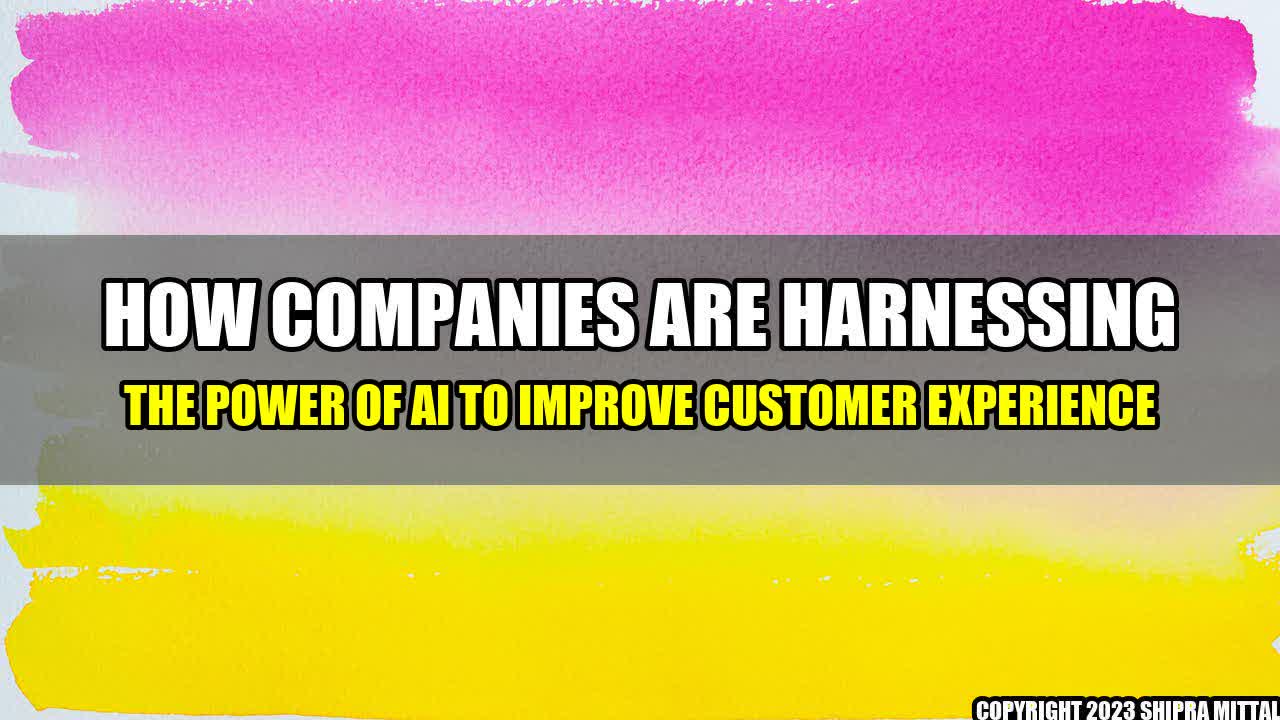Picture this - you walk into your favorite store and you're immediately greeted by a smiling salesperson who remembers your preferences and suggests products you might be interested in. Sounds like a dream, right? Well, with the help of AI, this dream is becoming a reality for many customers.
Artificial Intelligence, or AI, is the intelligence demonstrated by machines, in contrast to the natural intelligence displayed by humans. Companies, both big and small, are leveraging the power of AI to improve customer experiences and grow their businesses. Here are some real-life examples:
- Nike uses AI to personalize the shopping experience for its customers. Their app asks users questions about their fitness routines, the surfaces they run on, and the types of workouts they prefer. Based on this information, the app recommends the right products for each customer. Additionally, customers can chat with Nike experts through the app to get personalized advice on their fitness journey.
- Hilton uses AI to enhance its guests' experiences in their hotels. The company's app, called Hilton Honors, allows customers to check in, choose their room, and even unlock their doors using their mobile phones. The app also uses AI to customize guests' stays by recommending restaurants, events, and activities based on their preferences.
- Walmart uses AI to streamline its supply chain. The company uses machine learning algorithms to predict which products will sell out, and how much inventory to order. Additionally, Walmart is using AI to automate its warehouses, reducing the time it takes to ship products to customers.
Conclusion
AI is changing the way companies interact with their customers. By leveraging the power of AI, companies are able to provide personalized experiences, streamline their operations, and ultimately grow their businesses. However, it's important to note that while AI has many benefits, it also has its limitations. As we continue to integrate AI into our daily lives, it's important that we use it ethically and responsibly.

Akash Mittal Tech Article
Share on Twitter Share on LinkedIn